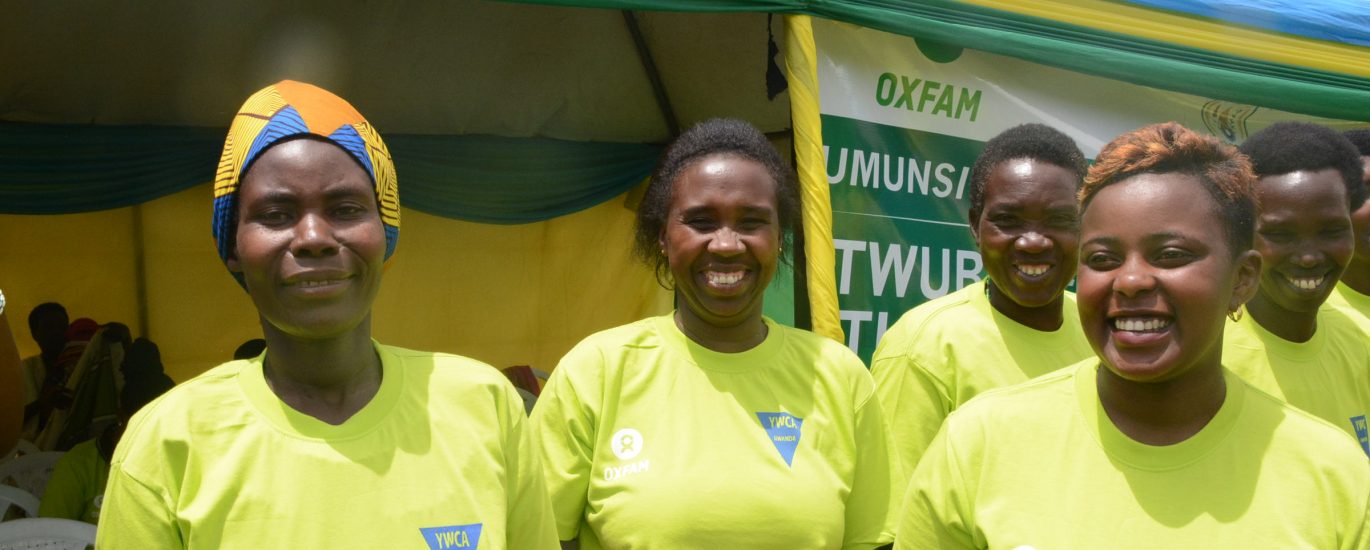YWCA Rwanda has been implementing the OXFAM/Irish Aid-funded Market-Oriented Secure Livelihood Program in partnership with Oxfam International Rwanda. The program operates in six districts: Gakenke, Rulindo, Muhanga, Kirehe, Nyamagabe, and Gicumbi. Its overarching goal is to enhance women’s and youth’s economic empowerment and promote greater gender equality across Rwanda.
This livelihood initiative focuses on advancing gender equality by reducing the prevalence of gender-based violence (GBV) in target communities and increasing the participation of women in local governance structures. It also fosters positive shifts in community knowledge, attitudes, and behaviors regarding GBV, gender equality, and women’s leadership. This is achieved through the engagement of community champions, peer educators, public campaigns, and the dissemination of relevant laws and policies to both local authorities and community members.
The program has also strengthened economic inclusion by expanding access to savings and financial services for women and youth through the establishment of Savings and Internal Lending Communities (SILC), connections to financial institutions like SACCOs, financial education, and support for small business ventures. In agriculture, the initiative has increased income for women and youth through support to horticulture cooperatives. This includes the promotion of diverse horticultural techniques, on-farm coaching, and the provision of agricultural inputs to boost productivity and resilience to shocks.
Key Achievements:
- A total of 12,533 beneficiaries were reached across all districts, including 8,179 females and 4,404 males.
- In Kirehe and Gicumbi Districts, 2,022 beneficiaries were supported through economic empowerment activities — 1,009 in Kirehe and 1,013 in Gicumbi.
- 32 cooperatives in Kirehe and Gicumbi received 32 units of agricultural inputs and materials.
- 80 SILC groups were established — 40 in Gicumbi and 40 in Kirehe — comprising 1,849 members (of which 1,321 are female and 528 male).
- SILC groups collectively saved 20,825,655 RWF, with 6,827,513 RWF disbursed as loans to members.
- 260 teen mothers were supported with goats to aid in their economic and social rehabilitation.
- A strong collaborative relationship with district authorities was established, ensuring the smooth and effective implementation of the program.


